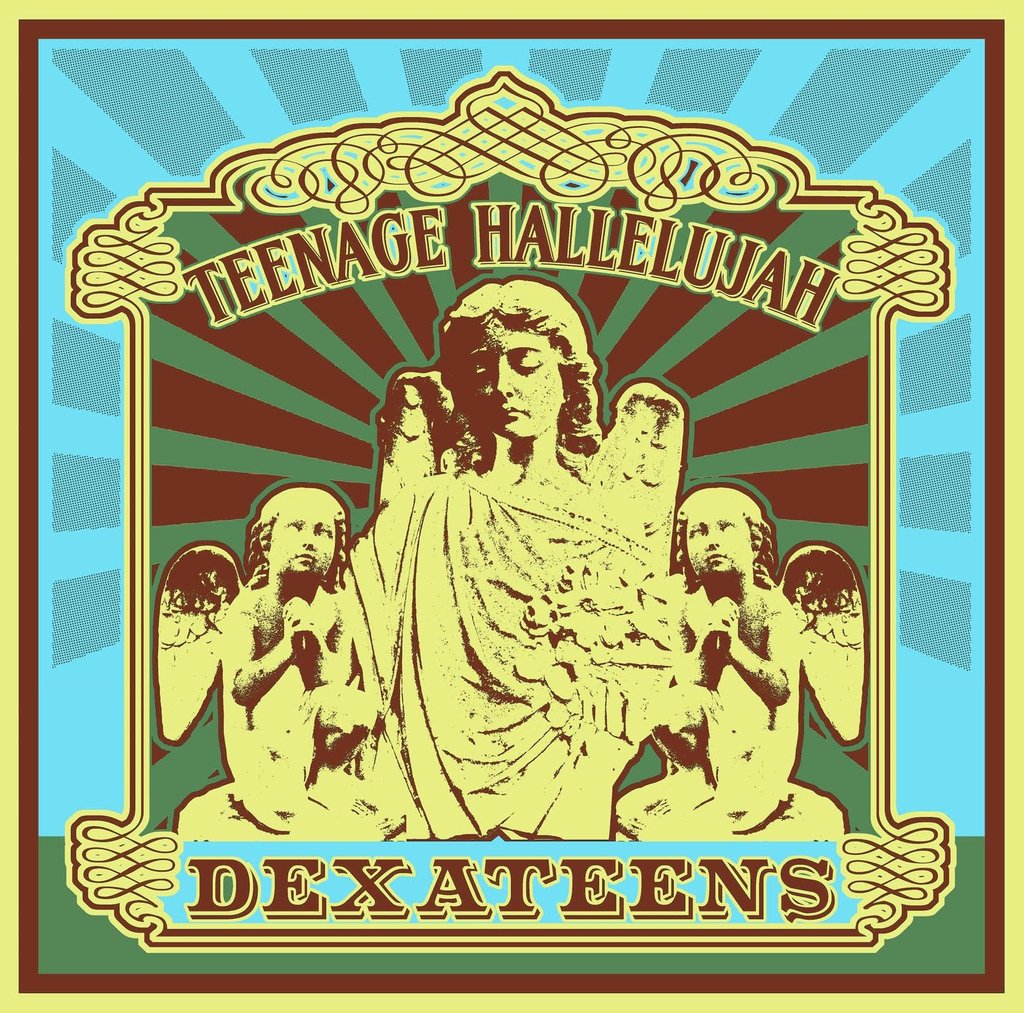Marcus Mumford is a British singer and songwriter, most widely known for his role as the lead
singer of the folk band Mumford and Sons. On September 16th , he released his debut studio
album, Self-Titled. I don’t want to get ahead of myself, but at first glance of this album, my
mouth dropped. Mumford was able to score some reputable featured guests such as Clairo,
Phoebe Bridgers, Monica Martin, and Brandi Carlisle.
Before this release, we had only heard Mumford’s talents in Mumford and Sons or songs on
which he was featured. I think this album is a great representation of his versatility in styles.
Mumford also served as principal songwriter for his band, and he gave nothing, if not his all, on
Self-Titled.
The album opens with “Cannibal,” which is easily the starkest track on this album. Many have
speculated that this song is meant to draw a thick line between his musical career and the one
he previously pursued in Mumford and Sons. The song chronicles Mumford’s experience with
sexual abuse in his adolescence and in the song it’s as though he’s directly addressing his
abuser, (“I can still taste you and I hate it/ That wasn’t a choice in the mind of a child and you
knew it”). Throughout the song, Mumford laments his trauma, until the end is sliced with jovial
instrumentals reminiscent of those used in his previous endeavors, i.e., banjos.
The second track acts almost like a response or a follow-up to “Cannibal,” and “Grace” opens in
a transitionary way, as though the first song is its own declaration, (“Well, how should we
proceed?”). However, throughout the album, Mumford has weaved in his personal experiences,
whether for reliability or as a more therapeutic measure, we’re unsure.
The latter portion of Self-Titled is strewn with the aforementioned duets. On “Dangerous
Game,” Clairo lends her soft vocals to accentuate Mumford’s realization of his impending trials
of betterment. “Go In Light” is affectionately accompanied by Monica Martin, a former PHOX
member, throughout the cut. To me, this track comes across as an inner monologue (“How is it
so loud/ When it’s quiet?”). Phoebe Bridgers takes to the background vocals of Mumford’s
sorrowful ballad with phantom-like grace on “Stonecatcher.” For the final duet and endcap of
the project, Brandi Carlile assists. Mumford as he reckons with attempting to forgive his abuser
on the track “How.”
Mumford utilizes the first and last songs as a binding for his story of reckoning and reeling. Both
“Cannibal” and “How” take a more direct, questioning, recounting angle, while in between we
see more of his healing personified in his art. I think as a work of art and as a method of healing,
this album covers all bases and exceeds expectations.
Photo Credits from: https://pitchfork.com/reviews/albums/marcus-mumford-self-titled/






